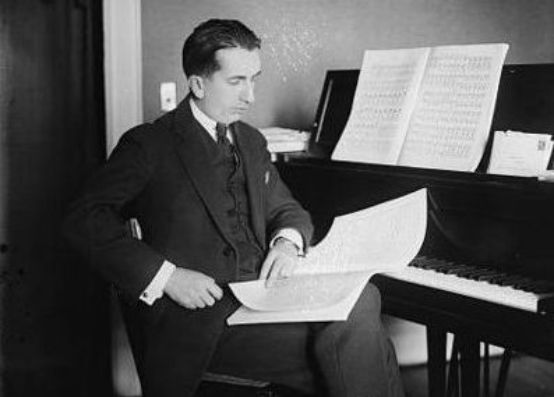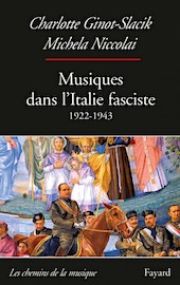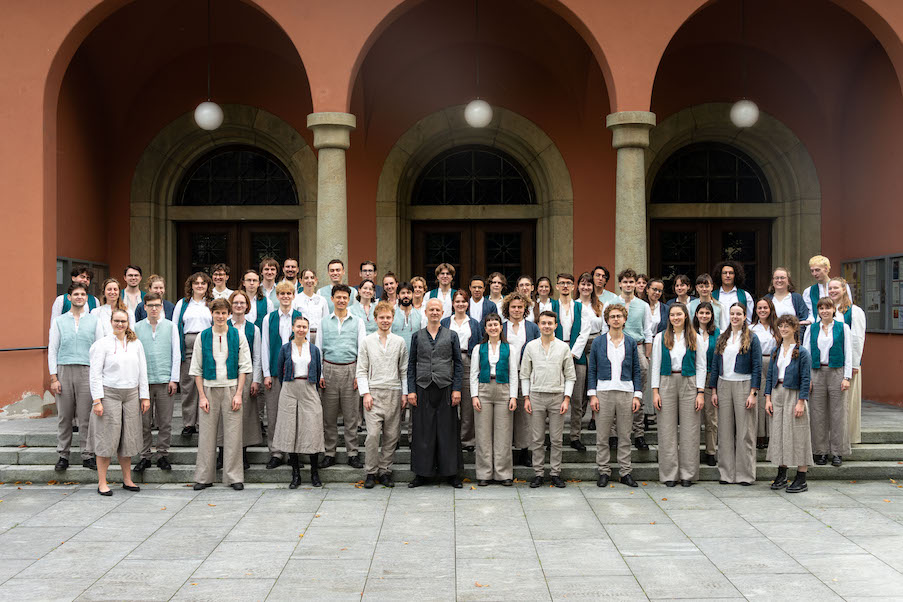Music under totalitarian rule
A monograph devoted to the role of musical institutions and the activity of composers during the twenty years of Mussolini's Italy has just been published by Fayard.

At a time when hideous shadows and devious attempts at relativization are reappearing, the duty to remember and understand past errors is essential. Editions Fayard has just published a monograph, the first in French, devoted to the role of musical institutions and the activity of composers during the twenty years of Mussolini's Italy, which also mentions the historical and social premises (still recent national unity, after the humiliation of the Austrian occupation; nostalgia and desire to rediscover the grandeur of the Roman Empire; loss of Istria; control of the Church, generally favorable to the regime). Some aspects of Fascism are also discussed, including propaganda, which imperceptibly but profoundly shaped the minds of the popular masses. In a system where membership of the Fascist party was virtually compulsory in order to find work, where social and ecclesiastical control was rife, annihilating any possibility of opposition or resistance, where the individual was supposed to disappear in favor of the collectivity, where the nation was erected as a myth, self-censorship was a particularly pernicious form of repression, while compromises and hypocrisies were widespread. In the service of the exaltation of new Italianity, and even the morbid and fascinated celebration of violence and sacrifice, the arts enjoyed a few years of aesthetic freedom and international exchange, before the stiffening of Mussolinism in the '30s imposed more control, censorship and autarky, followed by the foul anti-Semitic "racial laws". Many artists and intellectuals more or less accommodated the situation, even embracing Fascist ideas, before distancing themselves from them, at least officially, at the latest after the fall of the dictatorship - many continuing their careers after the end of the war, as if nothing had happened. The authors of this book take a special interest in deciphering the complex and sometimes contradictory relationships between the regime and some of its most important composers, and describe emblematic pro- or anti-fascist works (including, in the case of the latter, The Prisoner Dallapiccola), not to mention film music, popular songs and music education.
Charlotte Ginot-Slacik, Michela Niccolai : Musiques dans l'Italie fasciste 1922-1943, 372 p., € 24.00, Fayard, Paris 2019, ISBN 9782213704975









